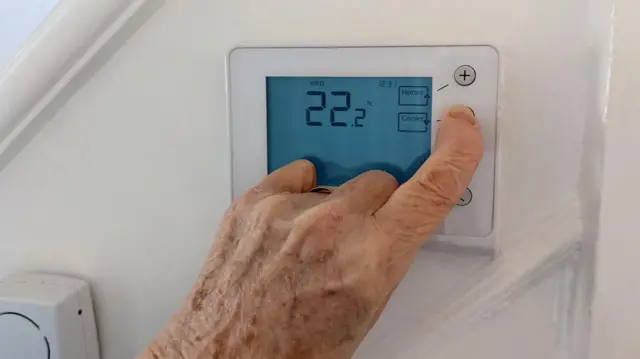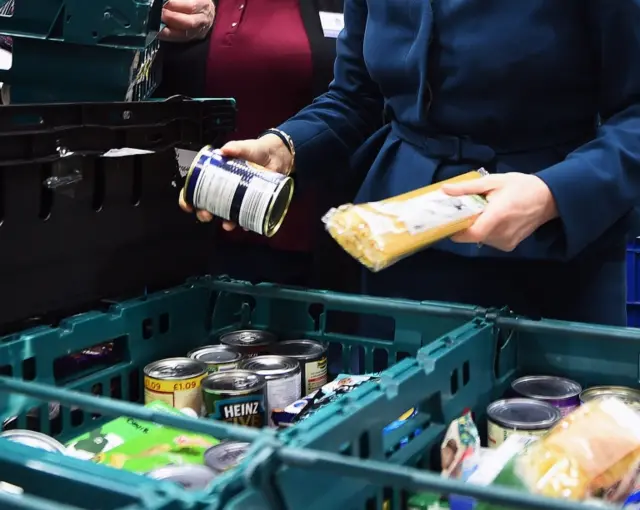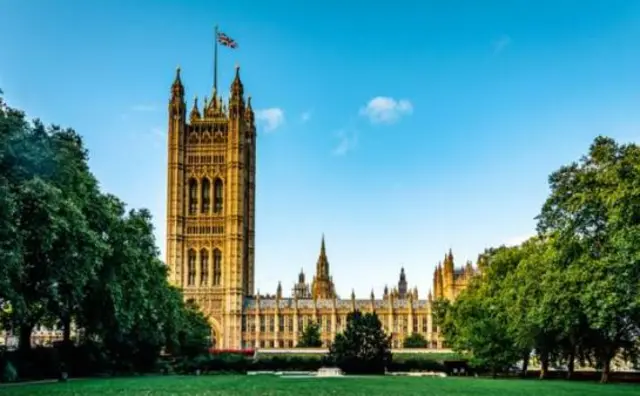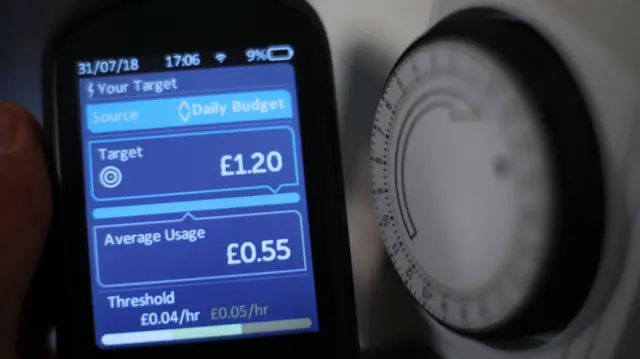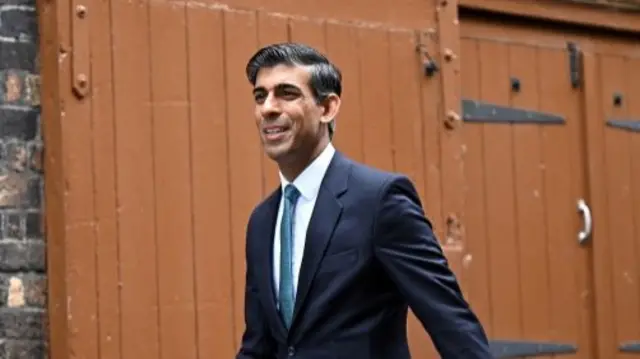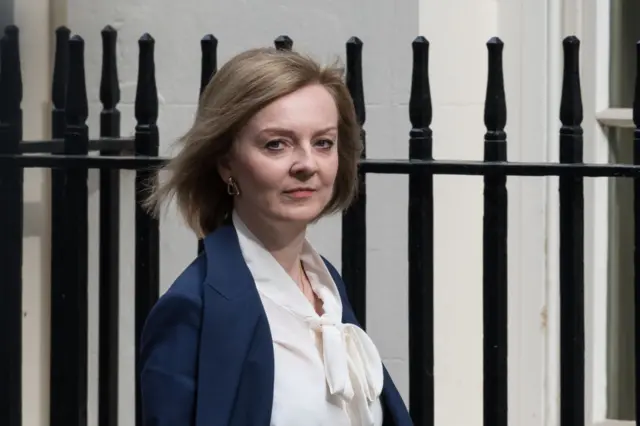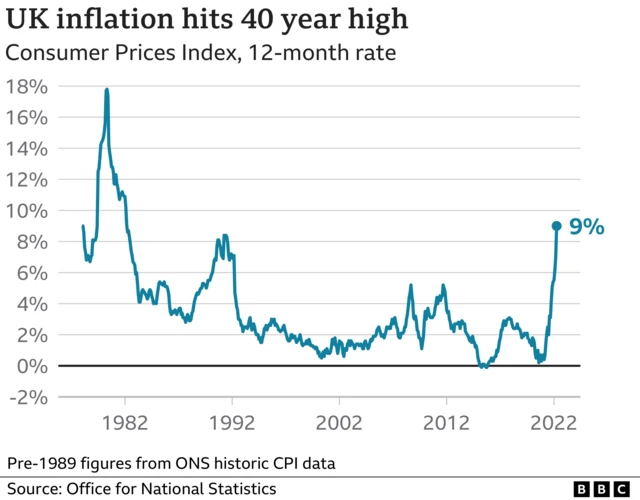‘Skipping meals is painful’published at 11:12 BST 18 May 2022
 Image source, Joanne
Image source, JoanneJoanne is a single mum living in Rochdale. She says her food bill has gone up by a third and her energy bills have doubled, forcing her to skip meals.
"I’ve spent the last six to nine months reducing what I eat so I don’t have to reduce what my son eats," she tells our colleagues at BBC Radio 5 Live.
“It’s a painful thing skipping a meal, it’s a painful thing not putting your heating on."
She says she has to think about every decision she makes in terms of the potential financial implications.
“There’s no unconscious living in our household… I can’t penny pinch anymore.”

